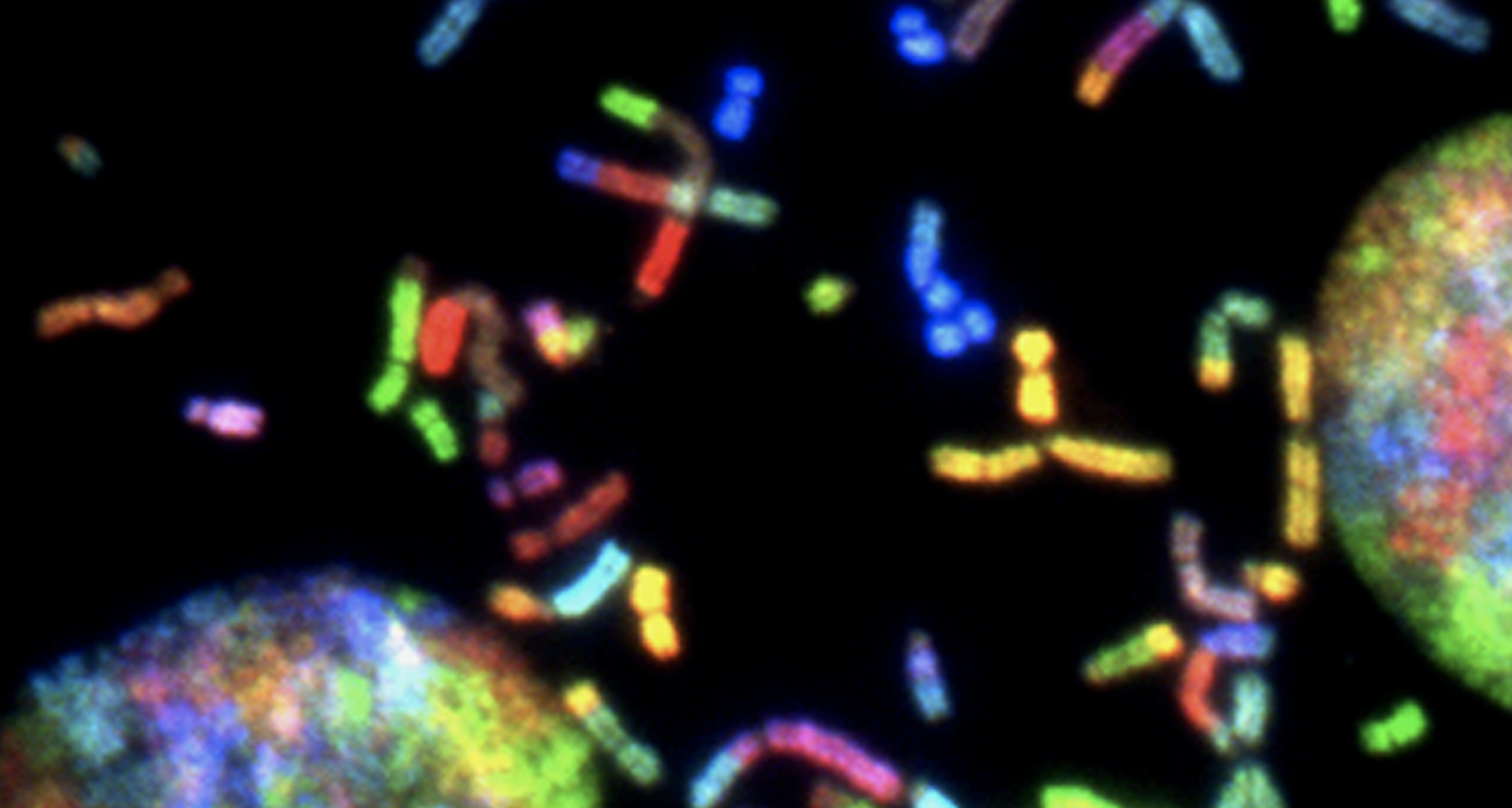Artificial intelligence is rapidly changing how new drugs are discovered and this past week saw two important developments in this space. The first is the Series A funding announcement for Genesis Therapeutics. The Genesis team is at the forefront of applying AI to the field of drug discovery, using novel graph neural networks for molecular property prediction. Their platform for drug discovery was a key differentiator in securing a multi-target partnership with Genentech. Radical Ventures participated in this funding round alongside Rock Springs Capital, Andreessen Horowitz and others, to support Genesis in its search to cure human disease through the discovery of small molecule drugs.
The second development was Google’s DeepMind announcement of a breakthrough towards solving the protein folding problem – an innovation that holds significant promise for the design of protein therapeutics. Their AlphaFold system, which uses machine learning to iteratively predict the physical structure of a protein represented as a “spatial graph”, has performed 1.7 times better than the closest competitor in an internationally ranked competition.
The results are impressive, and have prompted some members of the computer science community to ask whether this is the “ImageNet moment for biology”, referring to the landmark “AlexNet” results achieved by students of Geoff Hinton on the ImageNet dataset in 2012 – the watershed moment that led to the wide adoption of deep learning and the current ‘Age of AI’.
While these results are potentially groundbreaking, the impact is more likely to be seen in the medium to long term as the methods used in AlphaFold are adapted for use with medicinal chemists and finely tuned wet lab processes. The development of any advanced material, including protein or small molecule therapeutics, requires a close link between the material development and the forming process of an application.
What makes Genesis such an exciting company is its multidisciplinary and fully integrated approach. CEO Evan Feinberg has assembled a team of drug developers, AI researchers and software engineers to create transformative therapies for patients. By pairing best in class research methods with expert drug developers and very fast experimentation loops, novel therapies can be created much more quickly. As this week’s news illustrates, this graph-based approach may open up entirely new ways of solving some of humanity’s important challenges.
AI News This Week
-
The 100 greatest innovations of 2020 (Popular Science)
Covariant Brain by Covariant AI (a Radical portfolio company) topped Popular Science’s annual list of best inventions in the Engineering category. The Covariant Brain uses deep reinforcement learning – training itself through trial-and-error – to figure out how to pick-up and sort a vast variety of goods. For more on Covariant’s groundbreaking work, listen to our recent Radical Talks podcast with Covariant co-founder and renowned AI robotics expert and UC Berkeley Professor Pieter Abbeel.
-
The Dawn of Digital Medicine (The Economist)
Some 70% of American hospitals still fax and mail patient records. The digital deficiencies in the health care system exposed by the pandemic have created new categories of innovation and accelerated digital adoption. McKinsey estimates that global digital health revenues – from telemedicine, online pharmacies, wearable devices and so on – will rise from $350bn last year to $600bn in 2024. These estimates reinforce trends outlined in Radical’s healthcare thesis, The Adoption Imperative.
-
New AI-based Navigation Helps Loon’s Balloons Hover in Place (Wired)
High-flying balloons are bringing broadband connectivity to remote nations and post-disaster zones where cell towers have been knocked out. Now researchers at Google spinoff Loon have figured out how to use a form of AI for its navigation system. This opens up the possibility of using these balloons to monitor animal migration, climate change or human trafficking from a relatively inexpensive platform and for months at a time.
-
Europe will push to work with the US on tech governance, post-Trump (TechCrunch)
The European Union wants to work with US counterparts on a common approach to tech governance including pushing big tech to be more responsible for what their platforms amplify and standardizing rules for applications of technologies like AI.
-
Artificial Intelligence Will Revolutionize Energy, Earning Billions For Investors (Forbes)
The energy sector is expected to see an explosion of growth in AI utilization – up 50% between 2020 and 2024 – in an effort to standardize smart, 21st century grids. Ambitious projects are in the works to provide electricity thousands of miles from the point of generation. However, transporting energy over long distances is tricky and inefficient. By optimizing energy distribution and storage, AI will dramatically change the future of electric power.
Radical Reads is edited by Ebin Tomy (Analyst, Radical Ventures)

